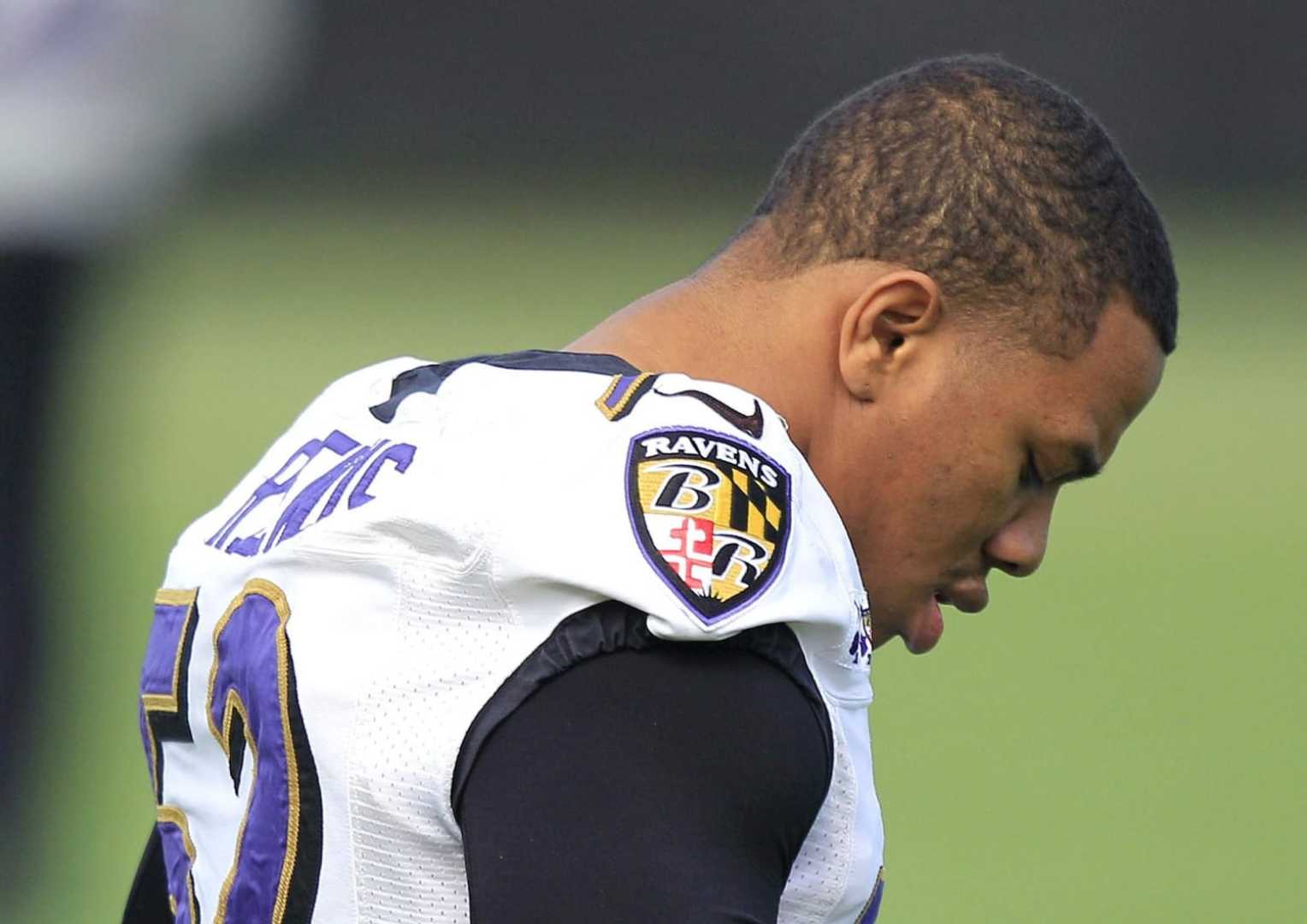Sports
NFL’s Evolving Approach to Domestic Violence: A Decade After Ray Rice Case

On August 13, only three days following his debut in the National Football League (NFL), a rookie player was apprehended by authorities after allegations surfaced that he had threatened his fiancée with a firearm. Initially, the accused entered a plea of not guilty to the domestic violence charge, which prompted the NFL to initiate an investigation the subsequent day. During this period, he continued to participate in the Cleveland Browns‘ preseason matches until the NFL placed him on the commissioner’s exempt list, temporarily barring him from games and training. His fiancée later retracted her statement, leading to a no contest plea for a lesser charge of disorderly conduct in September.
On October 1, the NFL announced a five-game suspension without pay for the player. This quick response reflects the procedural changes the league implemented a decade ago following public outcry over its management of similar allegations against former Baltimore Ravens running back Ray Rice. These changes included mandatory player education and minimum suspensions for first-time offenders.
Lisa Friel, an experienced Manhattan prosecutor brought on board by NFL Commissioner Roger Goodell post-Rice incident, emphasized the league’s extensive educational efforts on domestic violence. “We probably do a better job than just about anywhere of educating all our people and the audience that we have access to about these issues,” Friel stated.
In September 2014, footage of Rice assaulting his then-fiancée Janay Palmer in an elevator went public, resulting in his indefinite suspension and release from the team. This incident prompted Goodell to hire Friel to lead the league’s domestic violence investigations and overhaul its policies, enacting stricter penalties and mandatory training.
Despite reported decreases in the overall arrests of players, the number of domestic violence cases reported annually has varied. In 2023, for instance, there were 11 such cases compared to eight in 2015. As of 2024, there have been five reported cases.
The case of another player, involved in a domestic violence incident in 2024, showcases the league’s continued challenges with consistency in its punitive measures. “Would I like to see [arrest rates] at zero? Of course,” Friel acknowledged, while recognizing the progress made in reducing arrests by half.
In the wake of the Rice controversy, the NFL strengthened its personal conduct policy with potential lifetime bans for recurrent domestic violence offenses. However, the league still faces criticism regarding the perceived inconsistency of its disciplinary actions. Some argue that high-profile players appear to receive more lenient treatment compared to others.
The NFL’s response strategies to domestic violence now include a critical response team formed to support affected players or family members in crisis. However, critics argue that there is still room for improvement in the handling of accusations, with some victims expressing dissatisfaction with the support provided.
Anna Isaacson, promoted during the policy overhaul to focus on social and cultural issues, remarked on the transformative impact of the Rice incident on the NFL. “It has shaped who we are as an organization and how we approach social issues,” she explained, reinforcing the league’s commitment to ongoing improvements.












